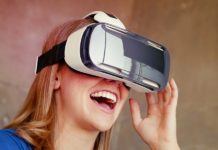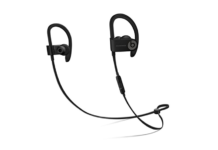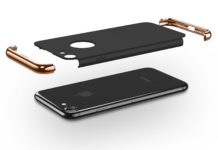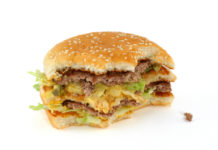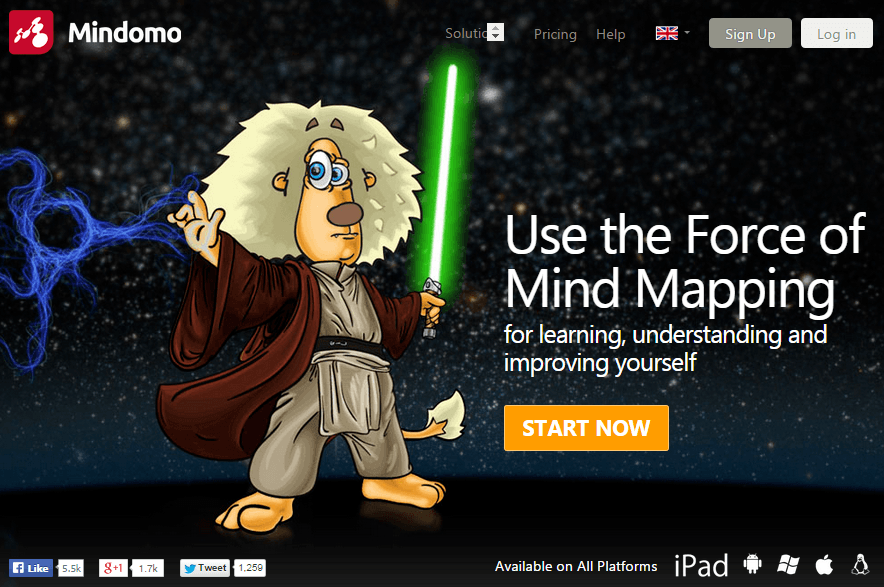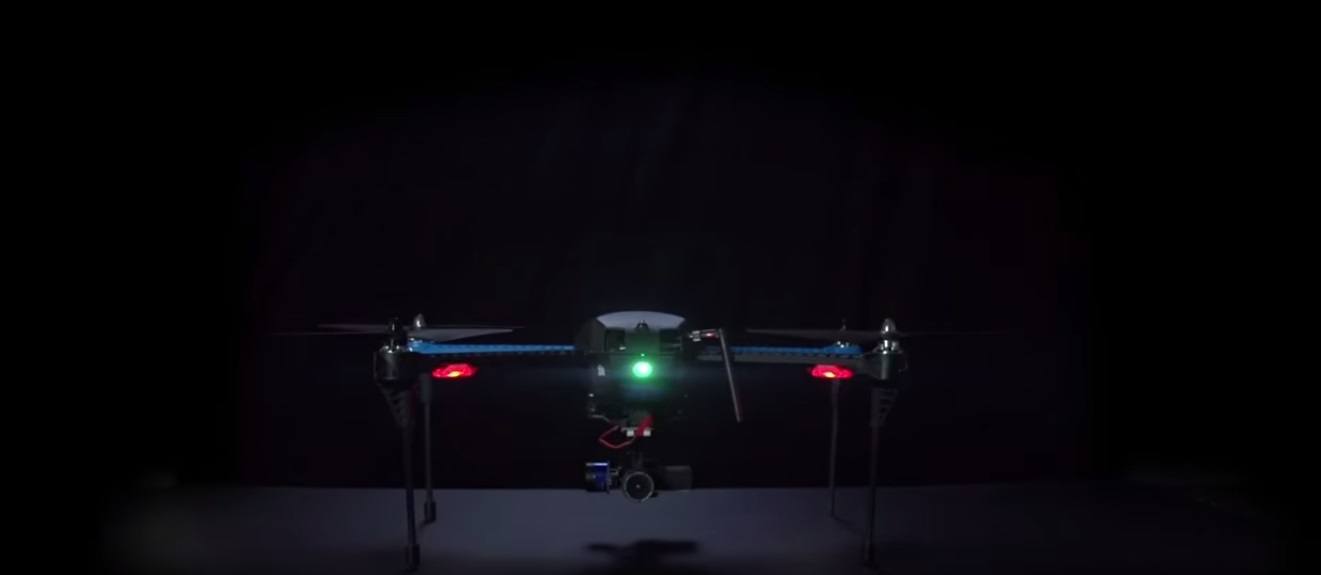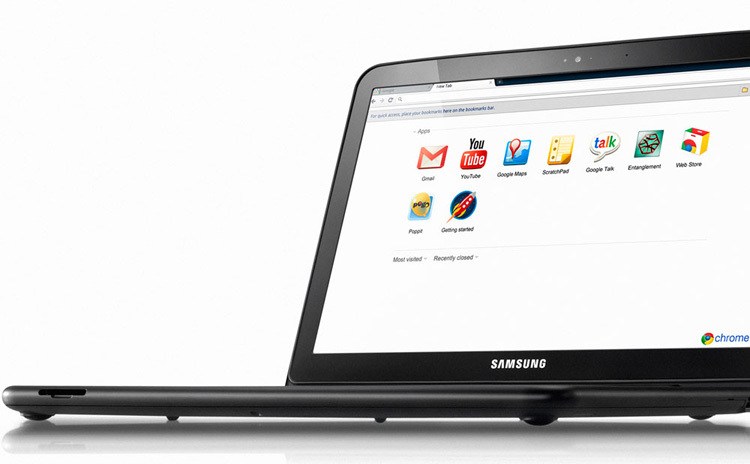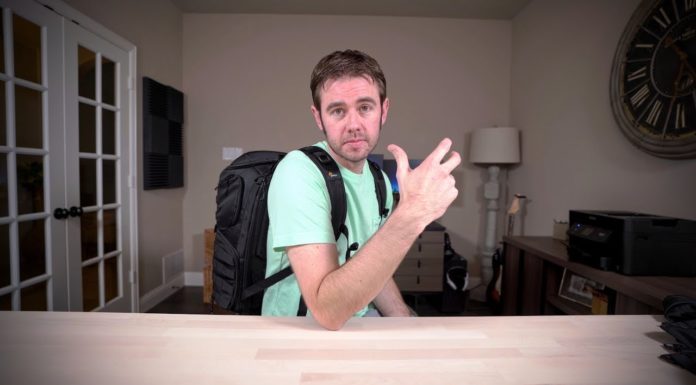I had to stop and think when I first noticed the Chrome Books.
First thought, was “hey I know a few people who do not have computers that have iPads instead to get online.” So, I can almost see this being a viable idea as a new product in the tech market. But why make a laptop, that isn’t a laptop and is good for only accessing the web? Well, my next thought was what does it run behind the scenes, can we score a WiFi only model and crack into it and see what else we can force the system to do and find other purposes for it? The other problem is, what if there isn’t any peripheral ports to load data into the machine? I would have to think that it at least had an SD card slot. Well, I checked out the Samsung model first, no SD Card slow, but indeed does have two USB ports, thankfully. If it didn’t I wouldn’t even bother looking at it in person, but now I am eager to find a way to use it for something other than what it was meant for. That’s just me, but I positive I am not alone on that one.
Well, browsing about and looking into the Chrome Books, I found that there isn’t just one model. It’s a OS loaded onto at least 2 makers from what I can see thus far, and I am sure more will show up before it’s all over.
ACER & Samsung both dove into the Chrome Book market. Which is pretty typical being that ACER is always in a hurry to try the first of anything they can get their hands on. Beyond that, you have two options to choose from ( WiFi only, or 3G. ) Prices vary between 299 to 449.00 depending upon the make and the internet connection type you favor. Which basically comes down to, are you going to be using it at home in lieu of another device, or you travel and need a quick easy way to access the internet .
I certainly see the purpose as being well priced, and still a good idea for many consumers. It does have a very niche market however, though it does help with the price being able to afford itself to more end users. The limiting factor is just about anything unless you can accomplish whatever you seek via a web browser only interface. Cloud applications are something that are almost a requirement to be able to utilize the system, having to always login to your e-mail, cloud type docs, web sites, etc. As long as the password saving feature works, and you are “ok” with that, then it may not be such a nuisance. If you are interested in seeing what Google Chrome is all about, you can install the same browser that is shipped on these laptops on both windows and mac.
The system does run linux in the background, so that should be fun to tinker with if you can get to it but the Google Chrome books appear to support apps, from who knows where. I am certainly not going to assume it supports any apps from Google Play. Once you are up and running, you shouldn’t have a problem accessing and doing anything you need within the web or cloud apps, and an easy replacement for office on this type of device is the Office in the Cloud” solutions from CloudOn.
Chrome Books in the business world may shed new light on the IT environment, reducing costs of managing in house servers, and the need to monitor for virus’s and patching or updates. If you can get your business to run entirely in the cloud, then this seems to be a very efficient solution for reducing costs in many areas of the IT departments. Just be sure your organization has enough bandwidth to support all of the data that would be going across the network to reach the outside world, as it would appear to need alot more than the average internet typically provides in most business connections. Not to say it’s not available, but it’s just another cost you would need to consider in addition to cloud applications pricing. When you enable your staff to fully move to the cloud, especially if the subscription models for the applications are user based that , as well is another cost to keep an eye on. If done right, it can save you big bucks. It just depends if it’s the right fit for you, at home or in the workplace.




